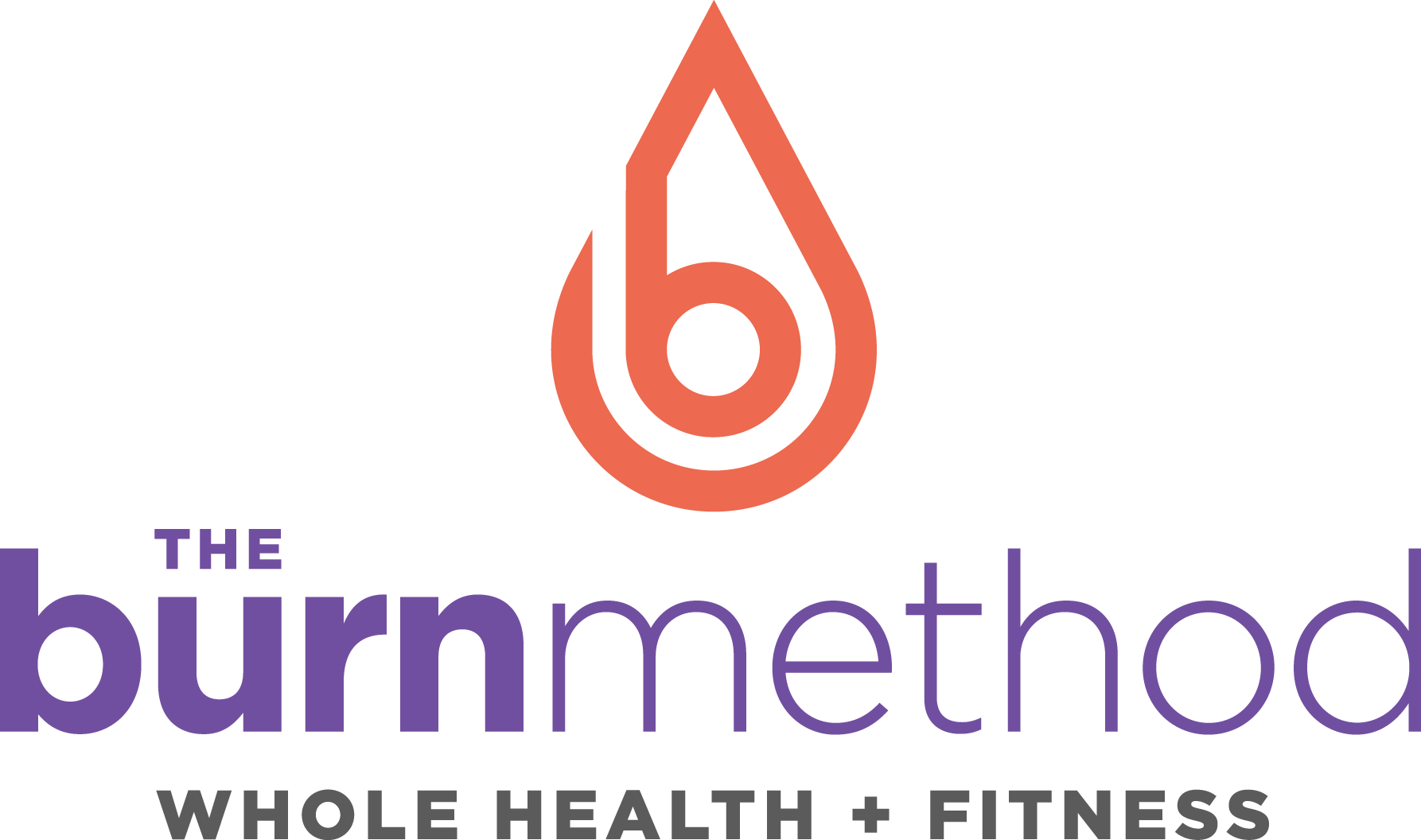Do you find that you’re hungry all the time? How many meals do you eat a day? And what do you think about the effect it has on your body? Would you like to change this? Do you sometimes catch yourself at work watching the time tick by for when you can be freed into open society to feast? The answer to all these questions and more, it appears, are hidden in your hormones…
Everything that we feel, think, and act is mediated by what goes on in our brains. There is an ongoing relationship between our brains and body’s - bodily processes are in a constant state of flux, and it’s our brains interpretation of these processes that affects how we feel.
The specific part of the brain that controls hunger and satiety is the hypothalamus. It interprets signals hunger regulating hormones, to tell you when to eat.
Two of the main hormones associated with hunger regulation are leptin and ghrelin, and research has shown that they are secreted in other parts of the body but affect the hypothalamus. There are other hormones that have also been found to trigger feelings of hunger and fullness which we will also look at, but right now it is important to understand the two main hormones that have the most research surrounding their effects.
Leptin
For people who want to stop craving food so much, an increased amount of leptin would be what you’re looking for. Leptin is primarily secreted in adipose tissue (fat), as well as a few other parts of the body. It moves through the circulatory system and eventually into the hypothalamus where it tells our body’s that we have enough fat, so we can eat less or stop eating.
It is meant to tell the body that it has enough fat, but in some cases, it becomes less effective at communicating the message. In studies of people who are obese, research has found that their leptin level is increased, but that the hypothalamus has become resistant to it, leaving people to still feel hungry after eating. This can cause a vicious cycle that makes it very difficult to lose weight.
Ghrelin
Ghrelin is secreted primarily in the lining of the stomach when it’s empty, and it is this hormone that increases hunger and stimulates our appetite, making us feel the desire to eat. It is thought that ghrelin moving through your bloodstream to your brain is a primary reason for that famed ‘hunger pang’ feeling
Depending on how your total hormonal balance differs from another person’s, you can be more, or less, prone to react when the ghrelin kicks in.
Insulin
You know that shaky feeling you feel when you haven’t eaten all day? That’s your blood sugar levels asking for a top up. When the opposite is true, and blood sugar is high, insulin is released to control your blood sugar level and guide glucose to where it’s needed, or to store it as fat. Insulin is a suppressor of hunger.
Neuropeptide Y
Another area to consider is neuropeptide Y, or NPY. A study showed how stimulation of the NPY pathway by exercise, fasting, and energy loss is followed by increased appetite and food intake, along with suppression of energy expenditure. It tells your body to rest, recover and refuel after exercise.
Summary
Hormones are sensitive secretions that have a strong influence on how we feel, and the careful balance can be disrupted by modern lifestyle factors. Stress (LOVE BUCKET IMBALANCES), lack of sleep, and processed food are well known culprits for deregulating appetite and increasing hunger.
Advertising too, can convince us that we’re hungry or need to eat when we probably don’t. Recognizing this can be a huge help in resisting those brief urges.
The main takeaway is that although these hormonal processes are continuously occurring in our bodies, we are not slave to them. We can choose how we respond to those feelings, and take steps to more easily regulate our hunger hormones. Here are a few key action points to reset appetite control:
- Regular exercise. Exercise is known to re-sensitive the body to leptin and insulin, making those hormones more effective at blunting hunger. Intense exercise is also known to suppress hunger in the short term.
- Control stress when possible and manage all your love buckets.
- Get more sleep. Lack of sleep reduces leptin, and increases ghrelin, making overeating much more likely.
- Eat a diet of whole foods. Protein and fiber are particularly effective for feeling full, while processed foods short circuit hunger regulation pathways.
- Be conscious when you eat. Eating while distracted, such as watching TV, can make it easier to ignore your bodies cues to stop eating.
adapted from dnafit

